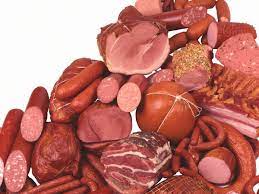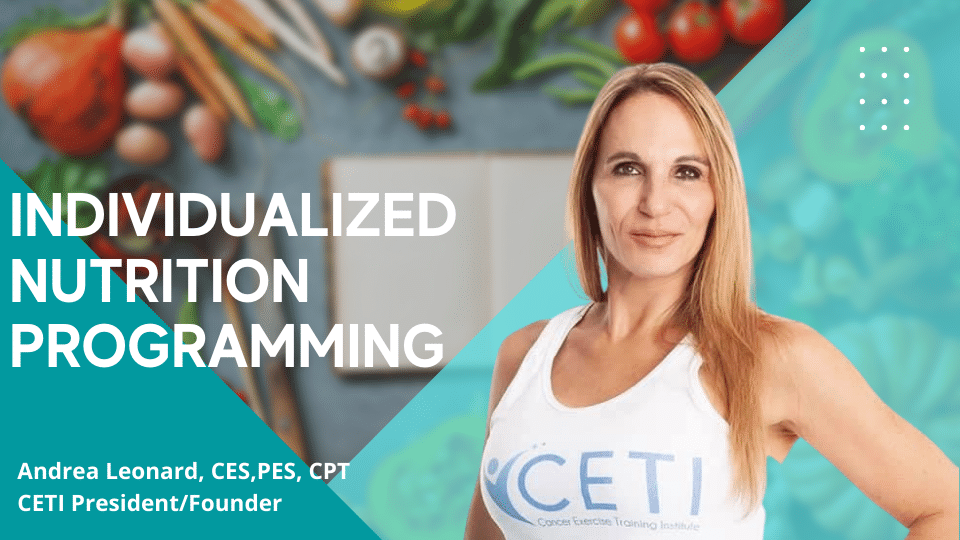Can a Plant-Based Diet Reduce Your Risk of Cancer?

High Fiber Content: Plant-based diets tend to be rich in fiber, which can help maintain a healthy digestive system and reduce the risk of colorectal cancer.

Phytochemicals: Many plant foods contain phytochemicals like carotenoids, flavonoids, and glucosinolates, which have been associated with a lower risk of various cancers.

Lower in Saturated Fat: Plant-based diets are generally lower in saturated fats, which can be linked to an increased risk of certain cancers, particularly breast and prostate cancers.

Reduced Exposure to Harmful Compounds: Cooking meat at high temperatures, as in grilling or frying, can produce carcinogenic compounds (heterocyclic amines and polycyclic aromatic hydrocarbons). Plant-based diets that focus on cooking methods like steaming, boiling, or baking can reduce exposure to these compounds.
It’s worth noting that not all plant-based diets are the same. A well-balanced and nutrient-rich plant-based diet that includes a variety of fruits, vegetables, whole grains, legumes, nuts, and seeds is more likely to provide cancer-protective benefits than a diet heavy in processed and unhealthy plant-based foods.
Moreover, individual factors such as genetics, overall lifestyle, and other dietary choices also play a significant role in cancer risk. Therefore, while a plant-based diet can contribute to reducing cancer risk, it should be part of an overall healthy lifestyle that includes regular physical activity, avoiding tobacco and excessive alcohol consumption, and getting recommended cancer screenings as needed. It’s essential to consult with a healthcare professional or registered dietitian when making significant dietary changes to ensure they align with your individual health needs.

By achieving good overall health, proper nutrition can help reduce the risk of cancer, keep you healthier during treatment, and combat side effects and illness. Andrea will work together with you to optimize your nutrition, improve your energy levels, and ultimately improve your immune system and the health of your gut microbiome. You will meet with Andrea through ZOOM for an initial consultation and assessment (one hour). She will then create your individualized nutrition plan and schedule a follow-up ZOOM session/discussion to go over any questions/concerns that you may have.
